Partner Contributions
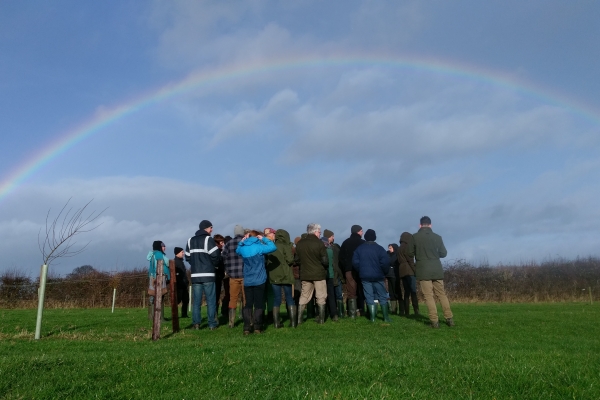
Tell us what you think. Enter to win!
Blog Post
Agricology and the University of Reading are conducting a project to research how effective videos and podcasts are as tools to learn about farming practices.
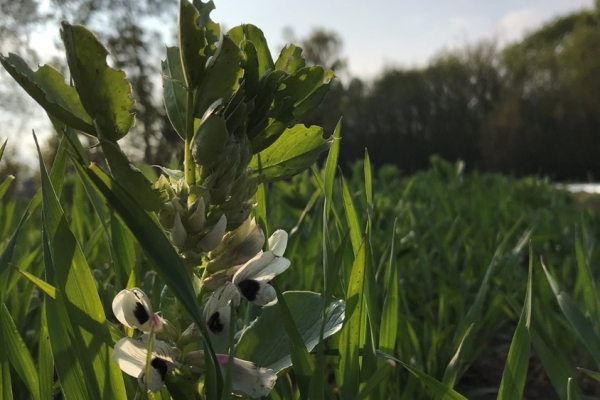
Virtual Field Day: Intercropping in Arable Systems
Resource
Intercropping offers the potential for more efficient resource utilisation, reducing pest and disease pressure and better competition with weeds. This is a recording of an event co-ordinated by Agricology, Innovative Farmers and the ORC that was held as a virtual alternative to a field lab meeting.
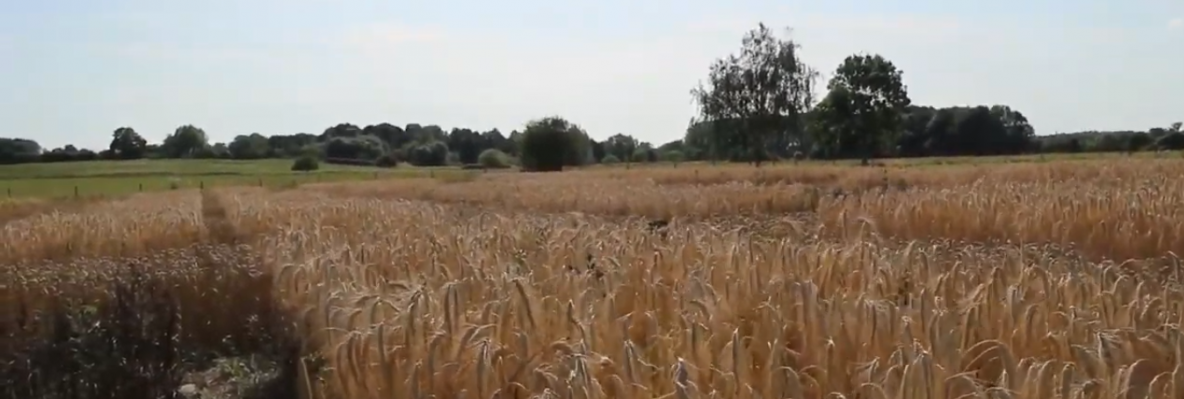
Intercropping Beans and Triticale, Sonning Farm, Berkshire
Research Project
This trial at the University of Reading Crop Research Centre compared intercrops of beans and triticale to monocrops in spring and winter sown crops, looking at the impact on weed control, lodging and yield.

Could farming with trees help to control pests and boost pollinators?
Blog Post
Tom Staton discusses the initial indicators that farming with trees could help to boost pollinators and help to control pests
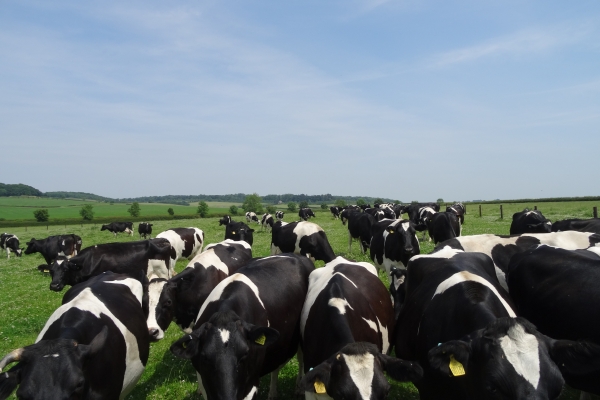
Dairy farms needed in project to find best practices to reduce phosphorus loss
Blog Post
Research indicates that farm-gate phosphorus (P) surpluses are common on UK dairy farms. By reducing these P surpluses and consequently P losses, we could reap the benefits of minimised environmental impact, improved P use efficiency and subsequently reduced feed costs. But how do farmers reduce P losses on dairy farms?
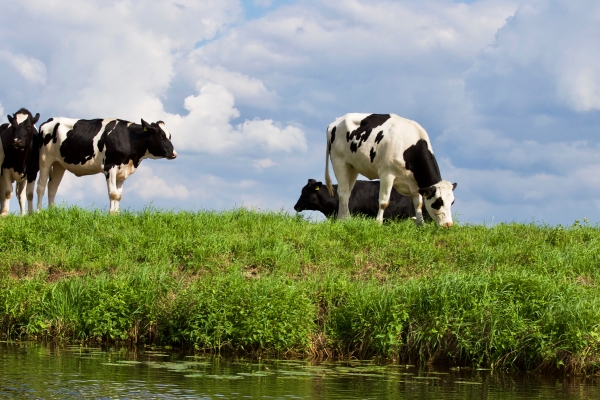
Phosphorus Survey for UK Dairy Farmers, Nutritionists and Advisers
Blog Post
The University of Reading, in collaboration with Harper Adams University, is running a project aiming at investigating the potential to reduce phosphorus losses from dairy farms, with consequent benefits for the environment and reduction of feeding costs.
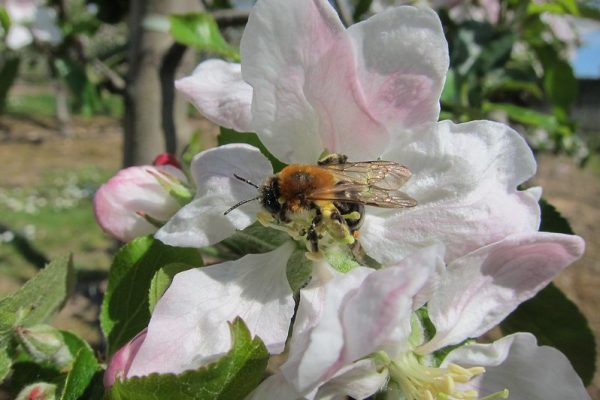
Pollination of UK apples: who is doing all the work?
Blog Post
Senior Research Fellow Michael Garratt from the University of Reading describes his work researching insect pollination in apple orchards.
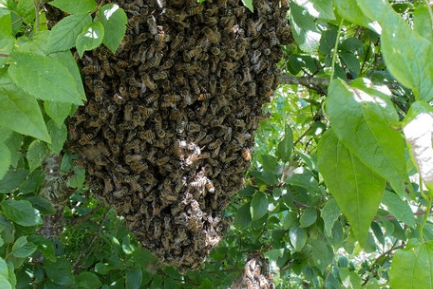
Honeybee shortage for crop pollination
Resource
This BBSRC-funded video provides important messages to help us target pollinators that will benefit UK crops and help ensure food security.
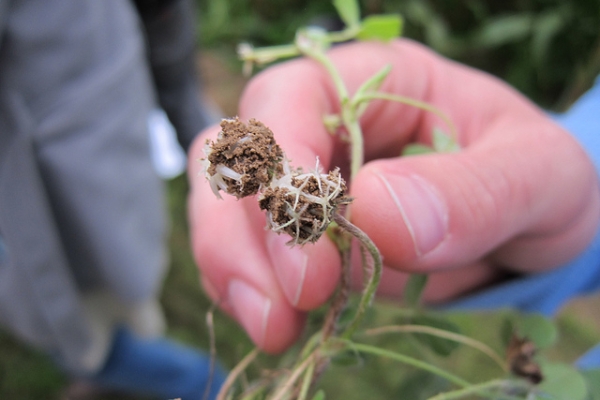
Getting to the Root of Rhizobia to Improve Agricultural Yields
Resource
A podcast focusing on the role of nitrogen-fixing soil bacteria rhizobia in improving legume crop yields and specific research into lucerne.
